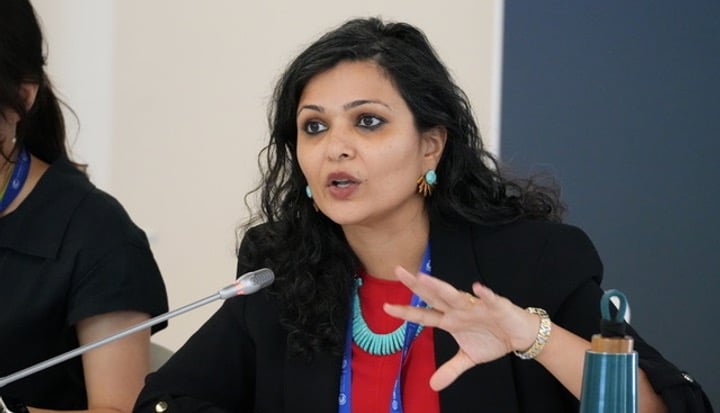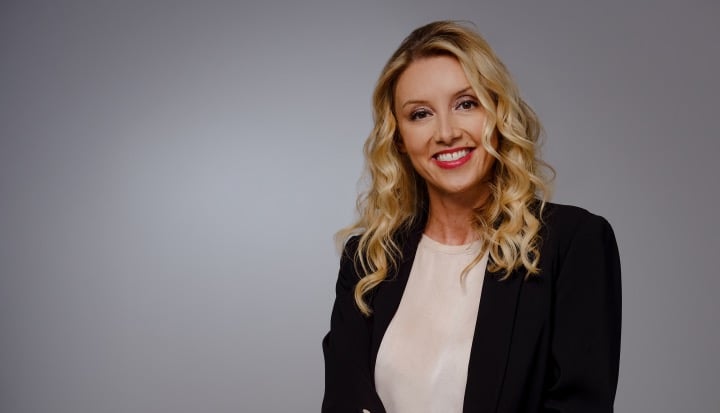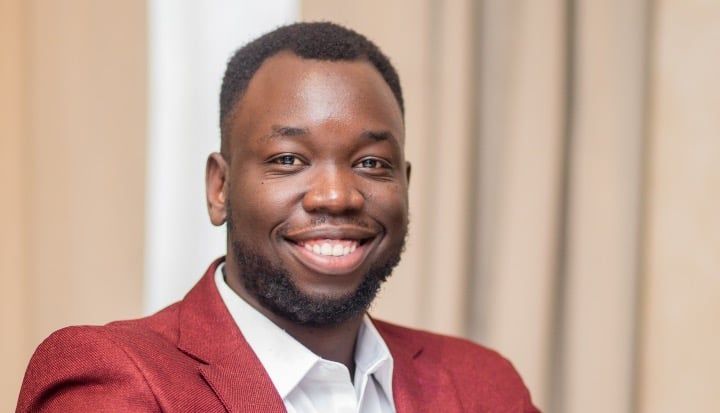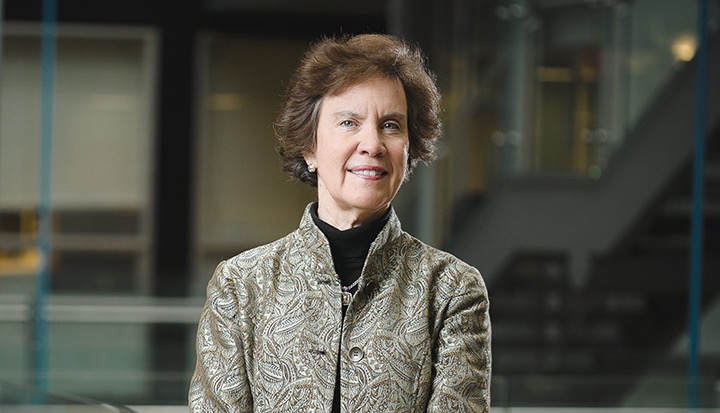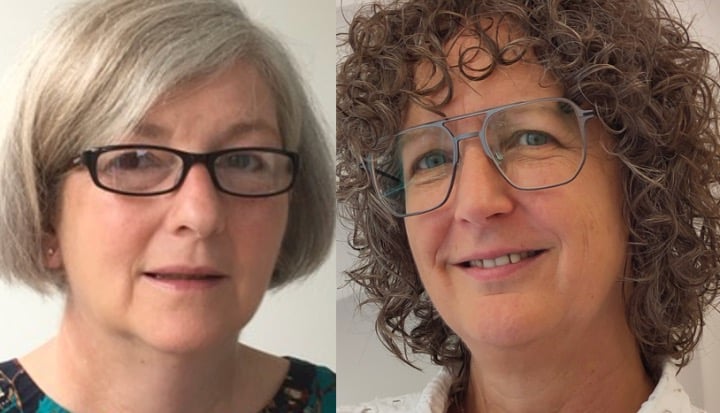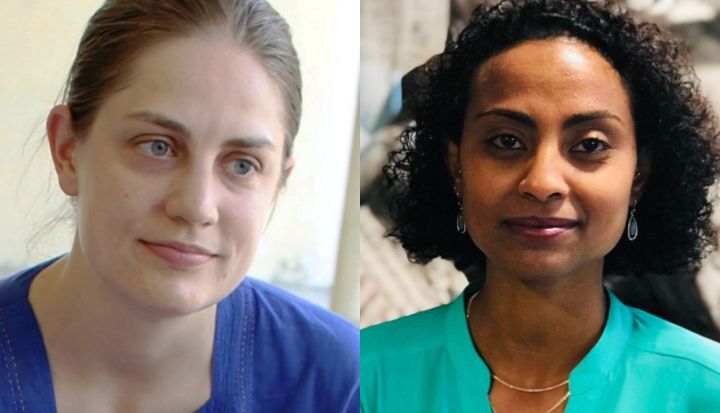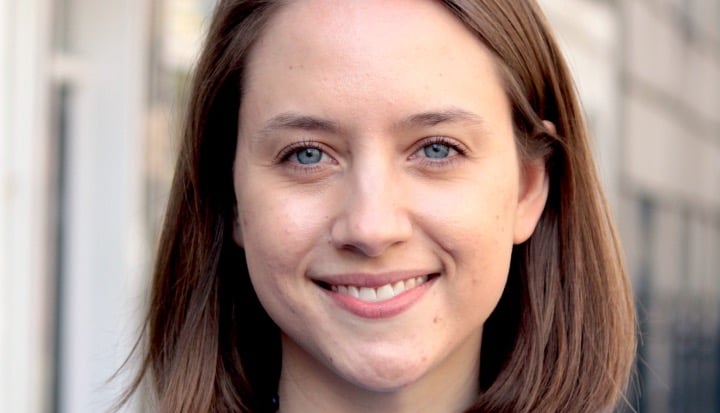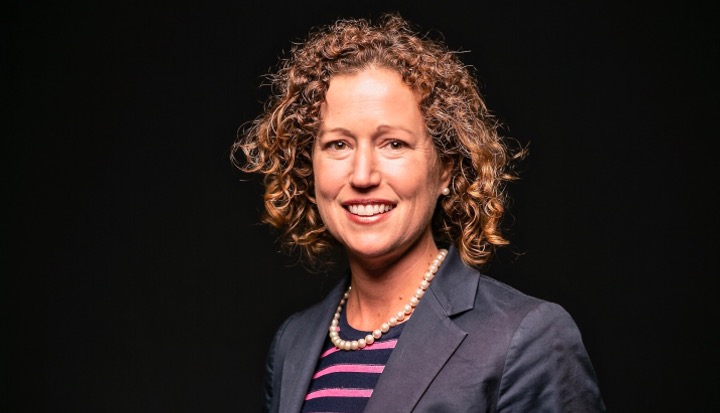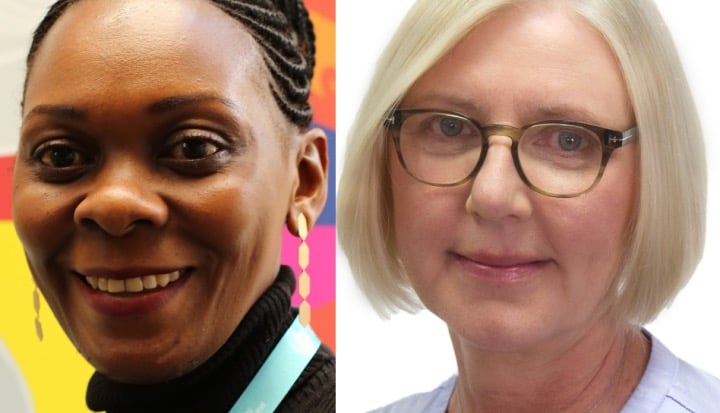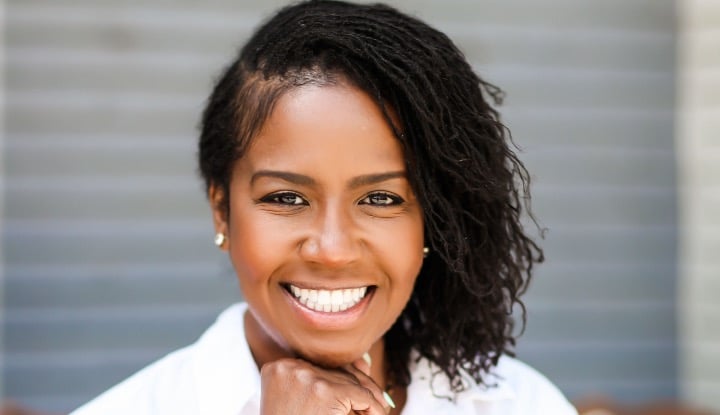BFP: What do you do?
 SV: I am a project developer and design-builder focused on renewable technologies and consult on a variety of projects related to renewables. I am currently Project Director for Resource Conversion – Burkina Faso, a private collective of very talented people concerned with sustainable rural development.
SV: I am a project developer and design-builder focused on renewable technologies and consult on a variety of projects related to renewables. I am currently Project Director for Resource Conversion – Burkina Faso, a private collective of very talented people concerned with sustainable rural development.
I have also co-written software and installed hardware systems that enabled remote monitoring and troubleshooting of renewable energy installations, envelopes, and boundary conditions to determine kilowatts in and out.
BFP: What is the best part about your job?
SV: The creative process of designing and developing for a win-win situation is always a very stimulating environment for me. Where before there was nothing but a need, followed by an idea, and to then see a built solution is what it’s all about. Then it’s off to gather the resources.
BFP: What have been your greatest challenges?
SV: Finding my people and then finding the money. In that order. Alone one can do very little, but with good experiences behind you it is far easier to attract talent. On the other hand, Capex sources do not fall out of trees. You have to find them, and today, post the financial collapse, it is incredibly difficult – you have to be very creative about it.
We tried a crowd-funding campaign that brought almost no results. I really wasn’t expecting that and thought Resource Conversion was laid out quite clearly, but quickly came to realize we were competing with tech gadgets and postings about sick pets. The project also got a lot of pushback on the resource-as-project-finance structure that we were dealing with which was artisanal gold. Anyone with a world encompassing social view understands the negative complications of minerals and precious metals mining in Africa, but the question is, “Does it have to be so”? We say no! And we believe that definitively. Our approach is to safely and legally assist the artisanal production community so that it is their environment and they who directly benefit from the resources that they own.
Then, through further assistance and technology transfer, that the subsequent innovations in community development are initiated by the community themselves. Some reactions were as if we touched the third rail, but nothing will improve without positive, researched, and thoughtful action. These things can be done. They just have to be implemented, monitored, and measured.
Crowd-funding would be fine as a source if these organizations or supporters weren’t so focused on gadgets. Perhaps the supporters assume that there are enough charities to pick up the social crowd-funding need, but without localized business and trade involved, permanence suffers. There seems to be some pervasive fantasy that gadgets are the solution for all our problems. If someone comes up with a perpetual motion machine – sure, but that’s impossible in this universe so far as we know it.
This is a very western approach, where we love our gadgets and our band-aids and eschew the interactive human element on the ground. That’s where the real work and permanence is. We have to get beyond this nonsense and realize that it is not the gadget alone, but the ability of the community itself to harness its own creativity that will enable the community to make the best and wisest use of its own resources. In the developing world, these resources are in abundance. Getting them to market at world market prices, without corruptive influences or damage is a part of the story, but I believe it can happen. So excuse my verbose answer – but the challenge is in the doing. The believing is easy.
BFP: How have you overcome these challenges?/ What advice, would you give to others?
SV: The struggle with the challenges is on-going. What I realised early on is that I needed to find a language to describe the process of Resource Conversion that is truthful, but that doesn’t threaten other’s world view of economics. I say this because the concept of Resource Conversion must take place in a highly equitable fashion that challenges the very foundation of capitalism, at least the insidious runaway version that has brought nearly every common citizen of the developed world to their knees. Perhaps it was necessary so that the mass of the people understand the depth of change that is needed everywhere and acquire the bravery to speak this new language in first person terms. So, I must say that we are “intending” to be successful at this.
BFP: If someone wants to do what you do, where should they start?
SV: Humanity is like a giant fabric spread across the bottom of the troposphere. We’ve crossed the Rubicon of climate change and we’re all connected in this issue. A spark way beyond your view somewhere will get to you. Start with that understanding.
BFP: Finally, what do you hope to get out of being part of the BFP community?
SV: I hope that being a part of the BFP community will illuminate new methods to get the tools of development to those that don’t have them so that they can define their own self-sufficient path. To that end, contacts are important. Insight into what others are doing and their thoughts is also important.
Editor’s Note:
Thank you to Stephen Vance for taking the time to do this interview.
We’re always looking out for members to feature. Help us by taking two-minutes to update your profile, or by nominating someone for Business Fights Poverty Member of the Week.
Read previous Member of the Week interviews here.

